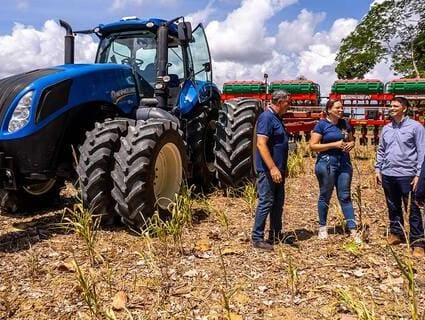Growing regenerative agriculture —1,000 farmers at a time
Read Time: 5 minutes
June 14, 2023
For İlker Sigo, farming is the future.
“As long as farmers produce more efficient and healthy products, I think our future is secure,” says the clover and sunflower farmer in the Balikesir neighborhood in Türkiye, one of the top agricultural economies in the world.
He also knows a successful future in farming includes sustainable agricultural practices that benefit both farmer and planet.
İlker learned how to practice regenerative agriculture on his farm in 2019, when he joined Cargill’s 1,000 Farmers Endless Prosperity Program. The initiative connects farmers in Türkiye with tools and resources that help them reimagine what’s possible in their operations.
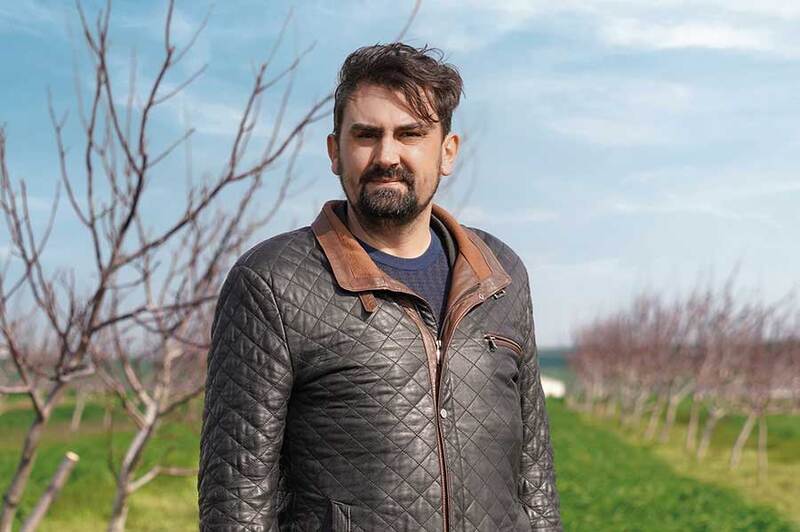 "I’m glad that I participated in this program,” Ilker says, “because there are serious differences between the farming I did before and the farming I did after. We were able to understand how important sustainable agriculture is in all senses.”
"I’m glad that I participated in this program,” Ilker says, “because there are serious differences between the farming I did before and the farming I did after. We were able to understand how important sustainable agriculture is in all senses.”
Renewed focus on regenerative agriculture
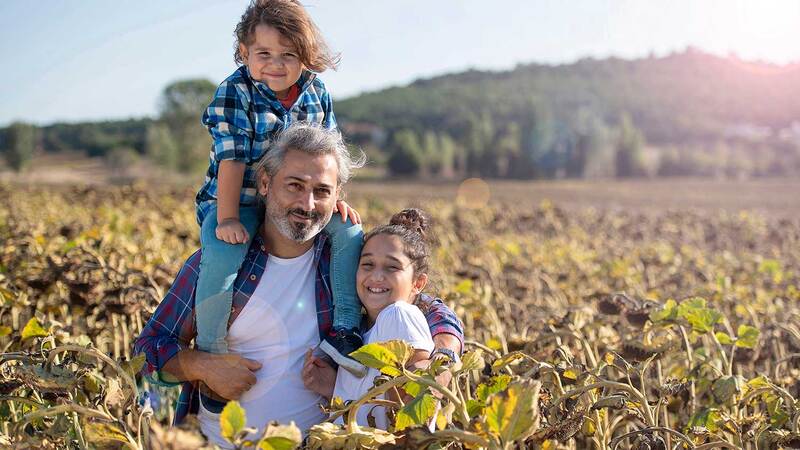 1,000 Farmers Endless Prosperity supports corn, sunflower and canola farmers across 18 provinces in Türkiye. In its fifth year, it has a renewed focus on regenerative agriculture.
1,000 Farmers Endless Prosperity supports corn, sunflower and canola farmers across 18 provinces in Türkiye. In its fifth year, it has a renewed focus on regenerative agriculture.
1,000 Farmers Endless Prosperity has grown beyond its name: Now in its fifth year, the program includes more than 5,000 corn, sunflower and canola farms spanning 18 provinces. It is expanding into two new provinces, Amasya and Tokat, where 100 more farmers will enroll.
Cargill provides farmers in the program with training, digital agricultural tools and consultancy services. As a result, farmers have seen their yields increase by up to 20 percent, while also combatting the potential of climate change.
The program has a sharpened focus on regenerative agriculture, including connecting farmers to new practices. One example is an irrigation, fertilization and spraying program that helps reduce disease, prevent soil pollution and conserve water. Another is digital tools that help farmers reduce their environmental impact and handle threatening pests.
“From Cargill’s seat at the heart of the agricultural supply chain, we have a unique ability and responsibility to engage,” says Murat Tarakçıoğlu, Managing director for our food solutions and bioindustrial business in the Middle East, Türkiye an Africa. “The 1,000 Farmers Endless Prosperity Program is a great example of how connecting and collaborating with farmers can ensure that the food system continues to meet the needs of a growing population in a responsible and sustainable way.”
1,000 Farmers: By the numbers
|
Connecting farmers with customers like PepsiCo
1,000 Farmers Endless Prosperity helps more than farmers in Türkiye. The program is catching the attention of our customers, too.
Take, for example, our recent 1,000 Farmers Endless Prosperity partnership with PepsiCo. In 2021, the food and beverage manufacturer launched pep+, putting sustainability at the heart of its strategy — regenerative agriculture included.
By joining 1,000 Farmers Endless Prosperity, the maker of brands like Pepsi and Lays advances its pep+ sustainability goals while securing some of their key ingredients from farmers using regenerative agriculture practices. It’s one way we’re connecting farmers and customers with new opportunities to meet their goals.
Empowering women in agriculture
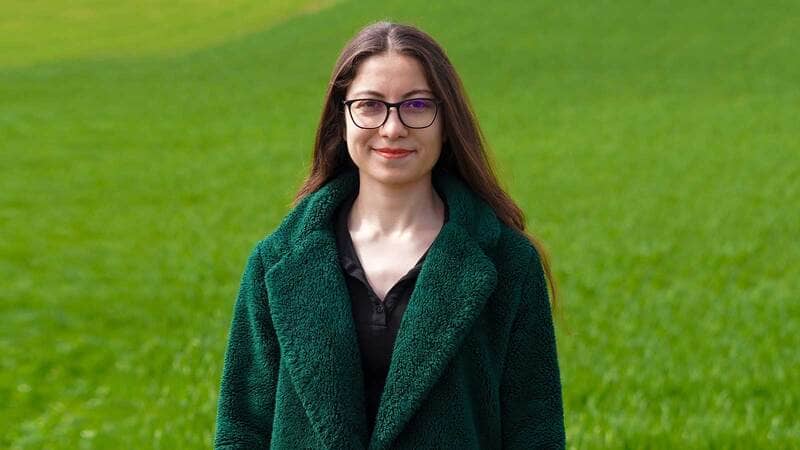 İlayda Altıntaş is a 20-year-old farmer who joined the 1,000 Farmers Endless Prosperity Program in 2022.
İlayda Altıntaş is a 20-year-old farmer who joined the 1,000 Farmers Endless Prosperity Program in 2022.
When İlayda Altıntaş isn’t studying at university, she is in the field.
The daughter of an agricultural family, İlayda is an engineering and agricultural sciences student who farms with her father when she’s not in school.
She joined 1,000 Farmers Endless Prosperity in 2022 and used a digital application to help determine how much water she needed to grow corn for the first time. This is the kind of offering farmers in the program can access — as well as field-specific consultancy, digital soil analysis, field health monitoring and more.
“There is already a water shortage in our region,” İlayda says, “so we started to irrigate more places with less water and turn to sustainable agriculture.”
Women like İlayda play an important role in Türkiye’s agriculture economy. Yet, according to 1,000 Farmers Endless Prosperity research, women are often the “unsung heroes” of agriculture in the country.
İlayda is hoping to help change that.
“Women are seen as incapable of it, but in fact, it is the opposite,” İlayda says. “We can do anything we want. I even have a motto: ‘I will do my nail polish, my work in the field, too.’ I hope to see more women with this motto.”
More stories

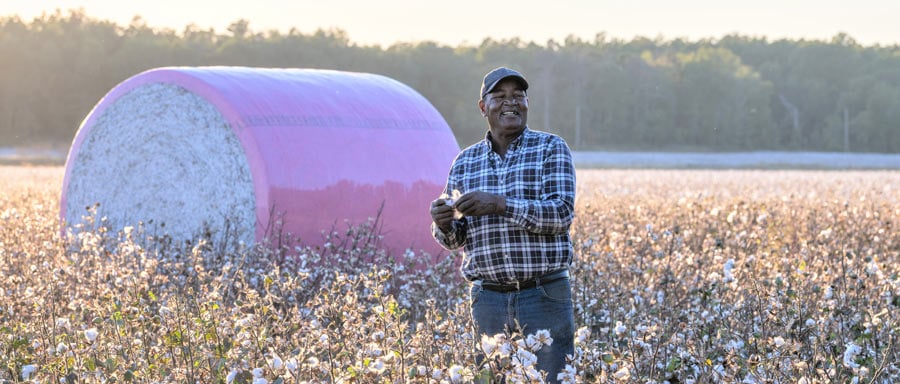
Reimagine What's Possible
From Cargill’s seat at the heart of the food supply chain, we are making the connections that bring new possibilities to our food system.
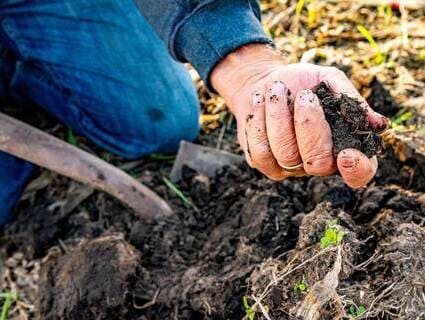
Digging in: Cargill’s regenerative agriculture program brings healthier soil and profits to more European, U.S. farmers
Cargill’s RegenConnect® program is building on its success in North America to expand to more U.S. states and Europe
Healthy soil, water and farmland: How we’re building sustainable supply chains
From corn fields in Nebraska to schools in Indonesia, Cargill is working to create more sustainable supply chains around the globe.

